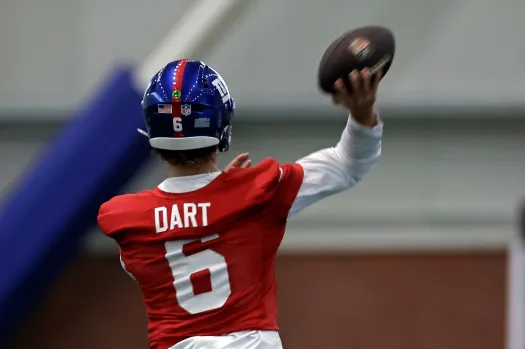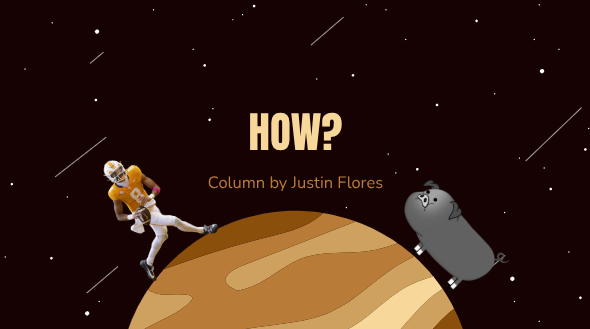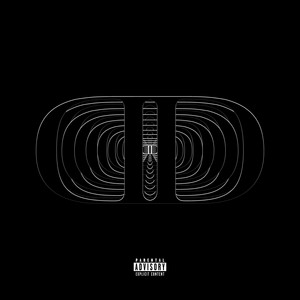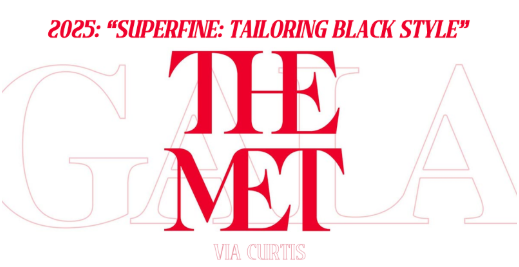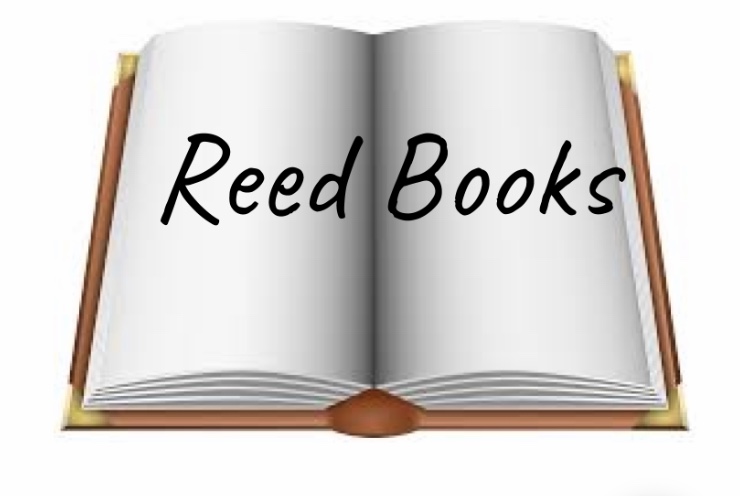Reed Books: Carry On/Wayward Son
November 7, 2019
Carry On by Rainbow Rowell is one of the best stories I’ve ever read; while not imperfect, the narration, character development, and dialogue pack an oomph factor that is difficult to even identify. When I first read this book, I finished it all in one sitting – all 500 or so pages of it – over the course of a few hours. So of course when the sequel, Wayward Son, was announced, I preordered it as soon as possible, and read it the moment it came through the mail. But does the long-awaited sequel live up to the first novel? And what does this mean for the third installment of the series, Any Way the Wind Blows, being released in a few months?
Let’s start with what makes Carry On so great. The story follows Simon Snow, a young wizard and “chosen one”, his roommate and long time rival Baz Pitch, with enough secrets of his own, Simon’s best friend Penelope, a smart but rather stuck-up girl, and Agatha, Simon’s girlfriend/ex-girlfriend. The four alternate perspectives in each chapter, telling the story of their final year at Watford, the magic school they all attend.
Only a few problems: Simon is terrible at magic, Baz is in love with Simon/is a vampire (and hates it), and the Humdrum, a murderous magic force, is loose again.
These abnormalities to a typical young adult plot make the novel so enticing, and the writing is sweet, heartbreaking, and entertaining. The story is mainly character-driven, and each voice manages to be unique while tying together. While it does drag on a bit in the beginning before Baz is introduced, the novel compensates by making Baz one of the most unique characters.
Wayward Son picks up after the fight with the Humdrum is over, and Baz, Simon, and Penelope go on a road trip to America to visit Agatha. On the way, they encounter all sorts of mishaps, eventually coming across a league of vampires. While the four characters remain the focal point of the novel, they are much weaker than in Carry On. The plot line seems a bit forced, and while it certainly picks up later in the book, it is thin in spots. Of course, this is still a fantastic book, but it does not quite live up to the expectations put upon it by its predecessor. Particularly towards the beginning, the plot is not immersive enough; I often got the feeling that I was being told a summary of events, instead of reading them and watching as they unfolded around me. While this may be because of an unnatural story line, it still becomes difficult to get into. Fortunately, the novel picks up so far in, but never really manages to get to the spot that Carry On was in.
Overall, Wayward Son is a nice, light read, but certainly not as enjoyable as its counterpart. Hopefully, Any Way the Wind Blows will bring back the emotional drive that readers missed, and compensate for the novel. I would recommend the book as a casual read, but if you were hoping for a novel that could match Carry On in dialogue in plot, you may be disappointed.











